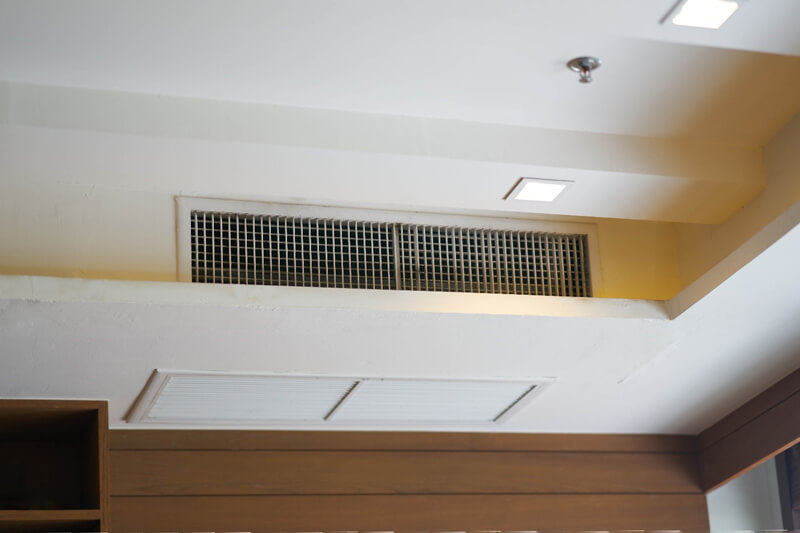Top Heating Options for Your Home
When it comes to keeping your home warm and cozy during the cold winter months, choosing the right heating system is crucial. With a variety of options available, it can be challenging to decide which one is best suited for your residential HVAC service needs. In this article, we'll explore some of the top heating options for your home, helping you make an informed decision.
1. Furnaces: Efficient and Reliable
Furnaces have long been a popular choice for heating homes, and for good reason. These systems are known for their efficiency and reliability. Furnaces work by heating air and then distributing it throughout your home via ductwork. They can run on a variety of fuels, including natural gas, propane, or electricity.
One of the key advantages of furnaces is their ability to quickly and effectively heat your home. They are also relatively affordable to install and maintain. However, it's essential to ensure your furnace is well-maintained to keep it operating at peak efficiency.
2. Heat Pumps: Versatile and Energy-Efficient
Heat pumps are another excellent option for residential HVAC service, offering both heating and cooling capabilities. These systems work by transferring the heat from a location to another. In colder months, they are extracting heat from outside air (even when it's cold) and take it to indoor to warm the home.
Heat pumps are incredibly energy-efficient and environmentally friendly. They can be a cost-effective choice for regions with milder winters, where extreme cold is less frequent. However, they may require a backup heating source in areas with harsh winters.
3. Radiant Floor Heating: Luxurious Comfort
If you're looking for a heating option that provides luxurious comfort and even warmth throughout your home, radiant floor heating might be the answer. This system involves installing heating elements beneath your floors, which then radiate heat upwards. It's a silent and efficient way to heat your home.
Radiant floor heating is known for its comfort and energy efficiency. It eliminates the need for ductwork and can be powered by various energy sources, including electricity, hot water, or even solar panels.
4. Boilers: Reliable and Effective
Boilers are a classic heating option that has stood the test of time. They work by heating water and distributing it through a network of pipes and radiators. Boilers are known for their reliability and durability, often lasting for decades with proper maintenance.
5. Ductless Mini-Split Systems: Zoned Heating
Ductless mini-split systems are an ideal choice for homes without ductwork or for those looking to add zoned heating and cooling. These systems consist of the outdoor unit linked to one or even more air handlers that are indoors. Each indoor unit can be controlled independently, allowing for personalized temperature control in different rooms.
Choosing the Right Heating Option
Selecting the right heating option for your home ultimately depends on your specific needs, budget, and regional climate. Each of these heating systems has its advantages and disadvantages, so it's essential to consult with a professional HVAC technician to determine which option is best suited for your residential HVAC service needs. With the right choice, you can enjoy a warm and comfortable home throughout the winter months, ensuring that you and your family stay cozy no matter how cold it gets outside.
Other recommended posts







Comments
Post a Comment